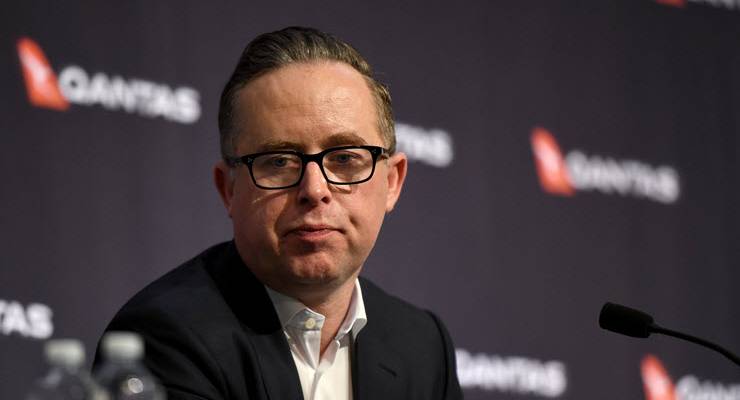
Morrison throws some change to the arts. Thousands of jobs lost in the last three days, but the International Monetary Fund (IMF) says Australia is doing better than most. And Victoria calls in the troops.
The arts can have some spare change, as a treat
The Morrison government has finally given some money to the arts, with the sector set to receive a $250 million support package. The long-awaited package includes $90 million worth of concessional loans, and a $75 million grants program for new events.
The cultural industry was hit particularly hard by the pandemic, as live shows, festivals and cultural spaces were forced to abruptly close their doors and cancel events.
And because many in the sector are employed on short-term contracts, or draw income from multiple sources, they’ve largely been excluded from the JobKeeper package by design.
But given the devastation to the sector, and its size, the package may well be too little too late.
Jobs going everywhere
It’s been a particularly awful week, with job losses being felt across the country. This morning, Qantas CEO Alan Joyce announced the company would be axing 6000 employees, with a further 15,000 to be stood down.
On Wednesday, ABC managing director David Anderson revealed 250 jobs would be lost. On Tuesday, Woolworths said 1350 warehouse jobs would be automated away. The same day, the National Gallery of Australia suggested 30-40 jobs would go as part of a scaling back of operations.
There will probably be a lot more news like this and the months and years to come.
Yesterday, the IMF conceded the depression would be worse than previously feared. In April, the IMF predicted the global economy would shrink 3%, now it’s saying it’ll be 4.9%.
The one silver lining in the forecast is that Australia is bucking the trend — our first quarter GDP decline was better than expected, and it’s hoped we’ll rebound more strongly than most economies.
Victoria calls in the troops
After eight straight days with new COVID-19 case numbers in the double digits, Victoria is getting antsy. So antsy it’s called in the Australian Defence Force (ADF) to help assist its response. More than 1000 ADF personnel will be deployed to Victoria to help with hotel quarantine, and speed up testing.
Overnight, Victoria recorded another 33 new cases — the biggest number of new cases in a day in that state in more than two months.
Meanwhile, in another sign order is slipping away in Victoria, supermarkets are once again placing limits on toilet paper purchases, after a new spike in panic buying.
Virus fears hit the poorest
In Papua New Guinea, pregnant women are being turned away from hospitals, which lack resources to test for COVID-19. The country’s leading obstetrics expert is urging women to not get pregnant for the next two years.
It’s just another example of how responses to the virus are harming some of the world’s most vulnerable people.
When India enforced a strict, abrupt lockdown, it left millions of migrant workers forced to walk across the country to try and get home, unable to access food or shelter.
And in Yemen, where years of civil war had created a humanitarian crisis that began well before the pandemic, the combined impact of the pandemic and a drying up of aid funding has been devastating.








“On Tuesday, Woolworths said 1350 warehouse jobs would be automated away”.
If the companies that were actually profitable during the pandemic are going to discard workers for automation, where is employment going to go from here when large sections of the economy struggle with the ongoing recession.